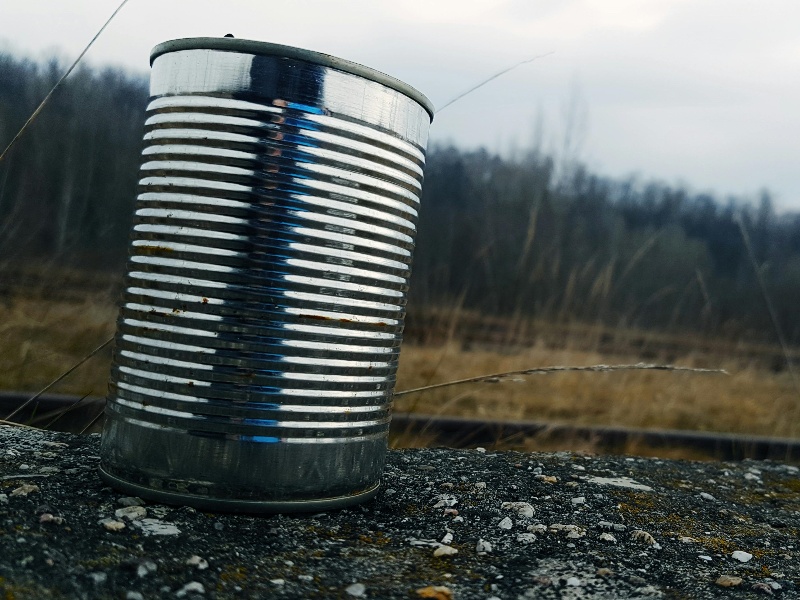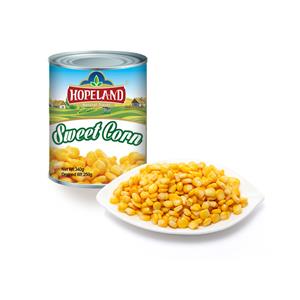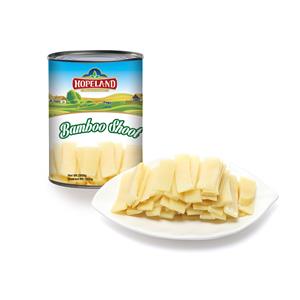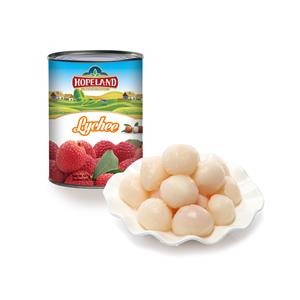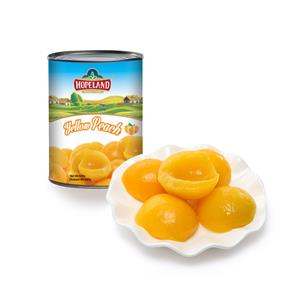How Long Do Canned Foods Last?
Contents:
1.Understanding the 3 Years Validity of Canned Food
2.Factors That Affect the Shelf Life of Canned Foods
3.Extending the Life of Your Canned Foods Beyond 3 Years
4.Conclusion
Canned foods are a staple in many households, valued for their convenience, long shelf life, and ability to preserve the nutritional content of various foods. However, a common question that arises is, "How long do canned foods last?" Understanding the shelf life of canned foods, including the typical 3 years validity often associated with these products, is essential for ensuring that the food you consume is both safe and nutritious. In this article, we'll explore the factors that influence the longevity of canned foods and provide tips on how to store them properly.
Understanding the 3 Years Validity of Canned Food
Most canned foods come with a "best by" or "use by" date, which is typically around 3 years from the date of production. This 3 years validity is not an expiration date but rather a guideline for when the product is at its peak quality. During this period, the food inside the can is expected to maintain its optimal flavor, texture, and nutritional value. Canned foods are sealed in airtight containers and subjected to high temperatures during processing, which kills bacteria and enzymes that could cause spoilage. This method of preservation ensures that the food remains safe to eat for an extended period, often well beyond the 3-year mark, as long as the can is stored properly and remains intact.
Factors That Affect the Shelf Life of Canned Foods
While canned foods are designed to last for several years, several factors can influence their actual shelf life. Temperature is one of the most critical factors—canned foods should be stored in a cool, dry place, ideally between 50°F and 70°F (10°C and 21°C). Exposure to higher temperatures can cause the food to degrade more quickly, affecting both its taste and nutritional content. Additionally, the condition of the can itself plays a significant role. Cans that are dented, rusted, or bulging may have compromised seals, which can lead to spoilage. Therefore, it's essential to inspect your canned food regularly and use the oldest items first to ensure you're consuming them while they're still at their best.
Extending the Life of Your Canned Foods Beyond 3 Years
While the 3 years validity is a good rule of thumb, many canned foods can last much longer if stored correctly. To maximize the shelf life of your canned goods, store them in a cool, dark place, away from direct sunlight and moisture. Organizing your pantry to rotate your stock—using the oldest cans first—can help prevent waste. It's also a good idea to label your cans with the purchase date so you can easily track their age. If you're ever in doubt about the safety of a canned food product, inspect the can for any signs of damage or spoilage and trust your senses when opening the can. If it smells off or looks unusual, it's better to discard it.
Conclusion
Canned foods are a reliable and convenient option for long-term food storage, with a typical 3 years validity that ensures they remain safe and nutritious for an extended period. By understanding the factors that affect the shelf life of canned foods and following proper storage practices, you can extend the usability of your canned goods well beyond their labeled date. Properly stored, many canned foods can be enjoyed safely for years, making them an excellent addition to any pantry.

